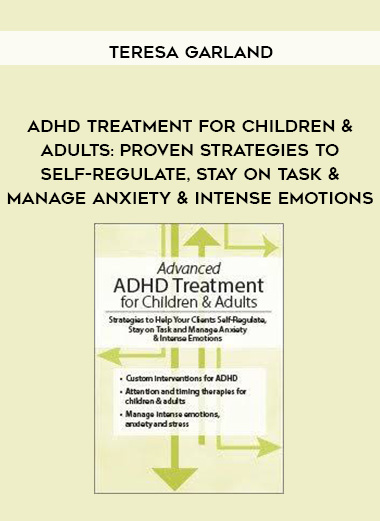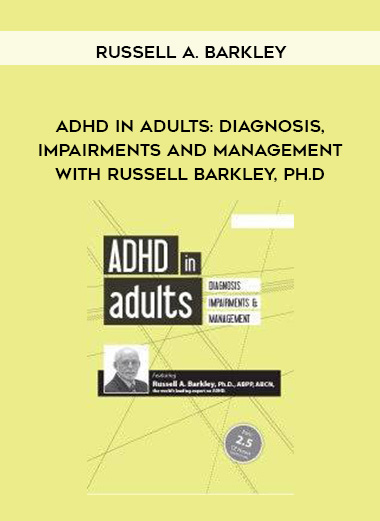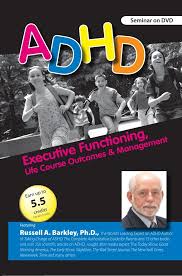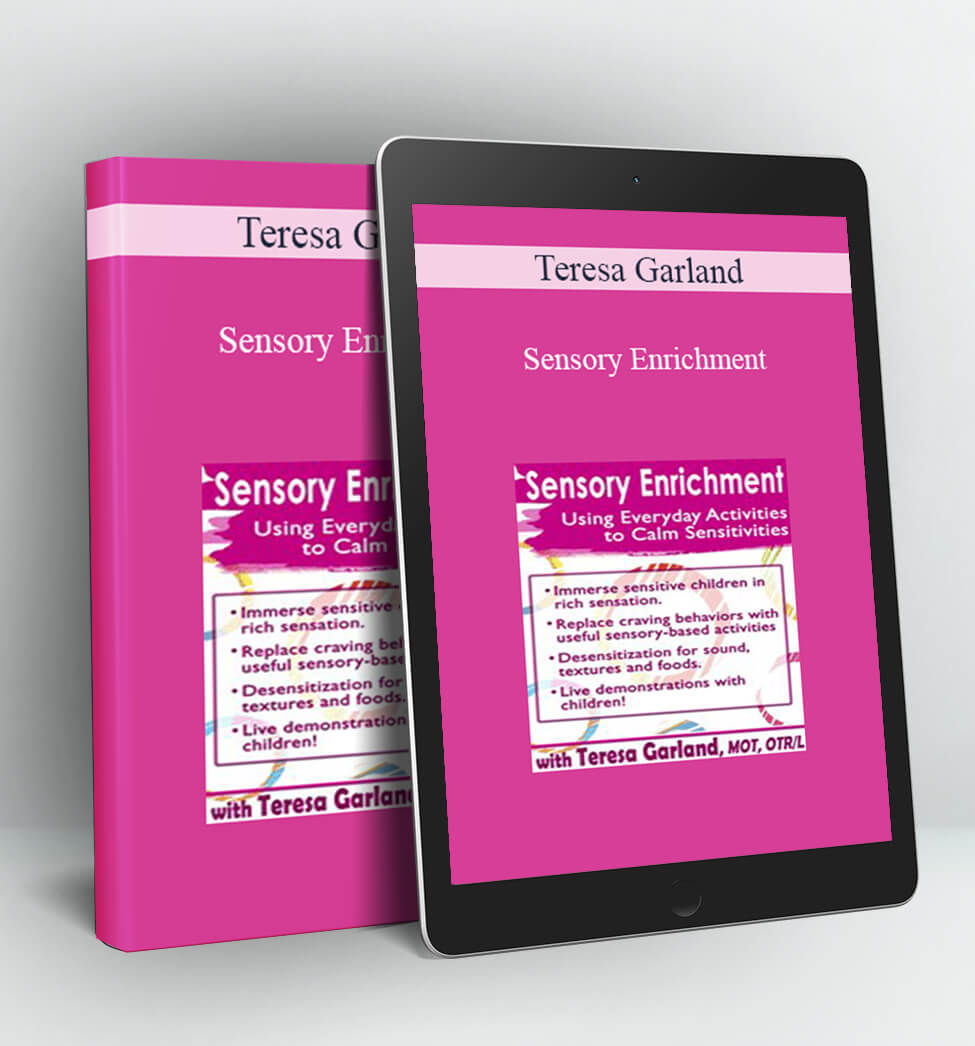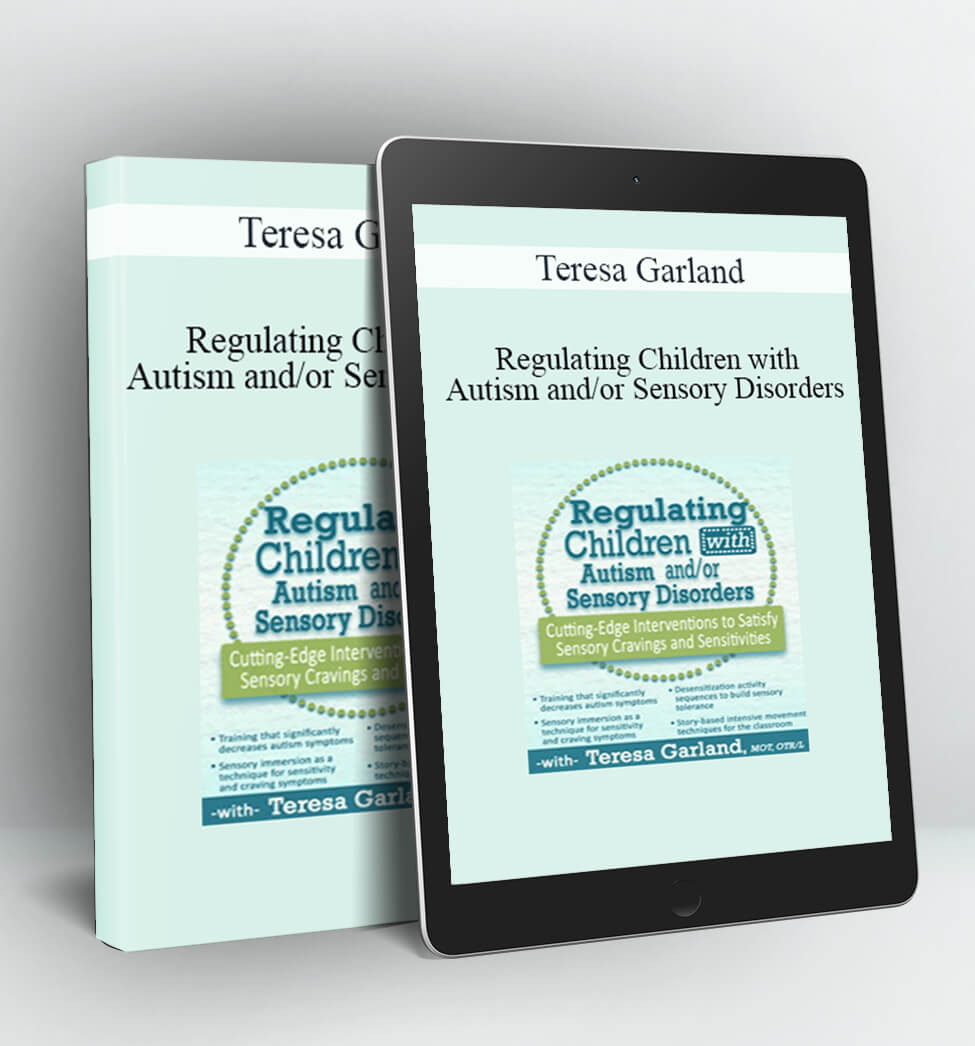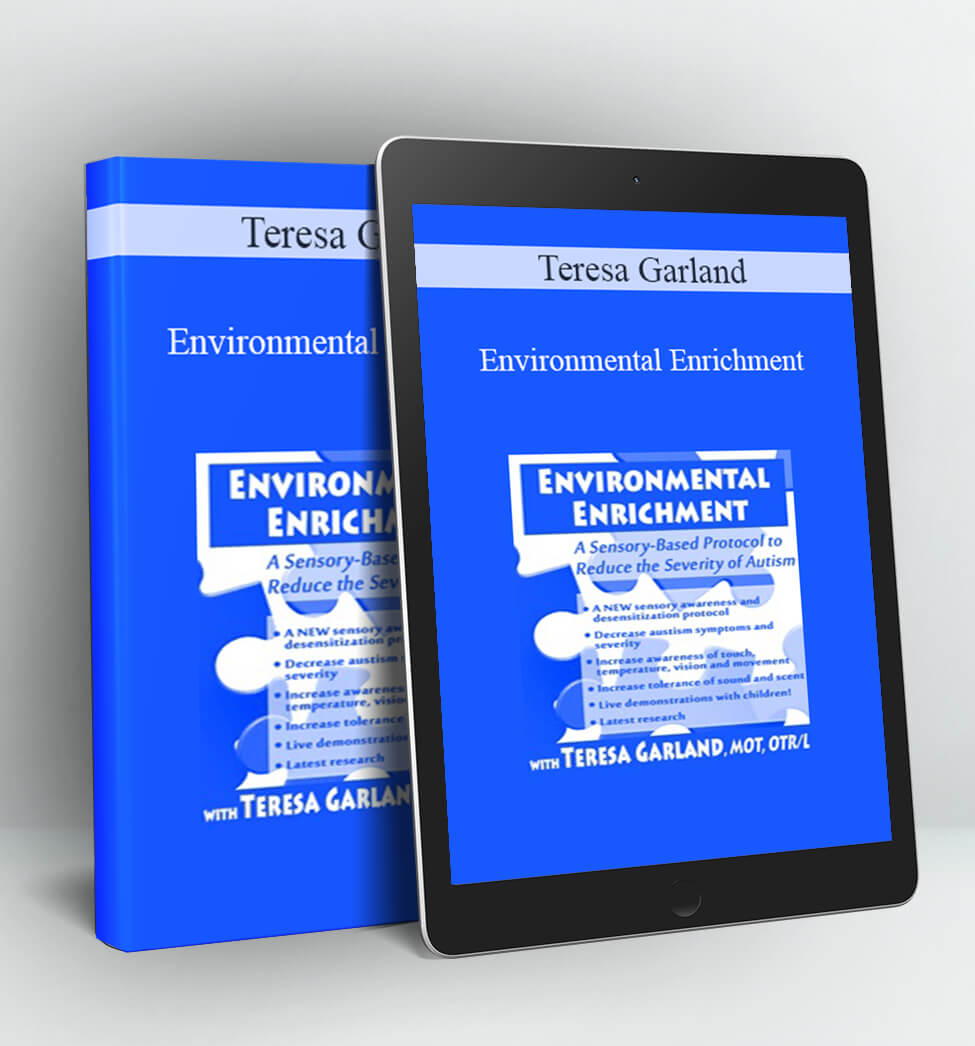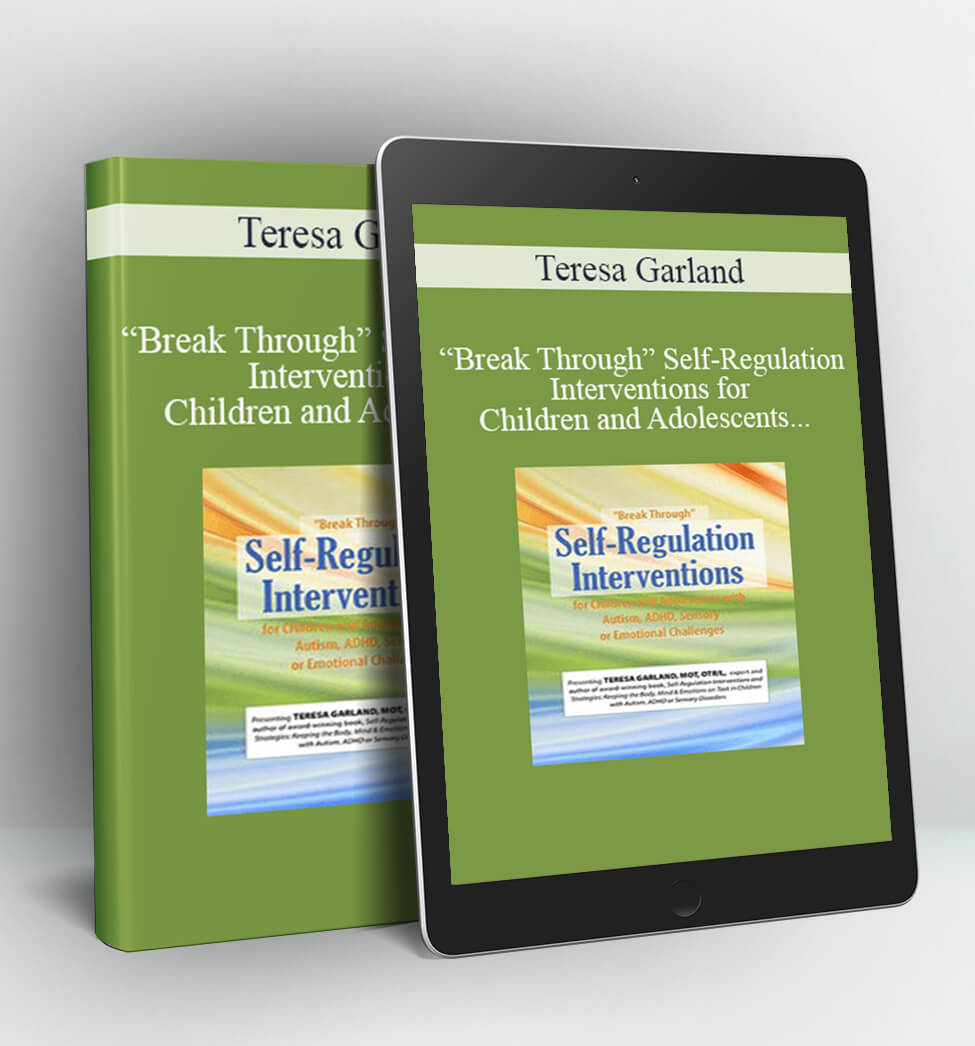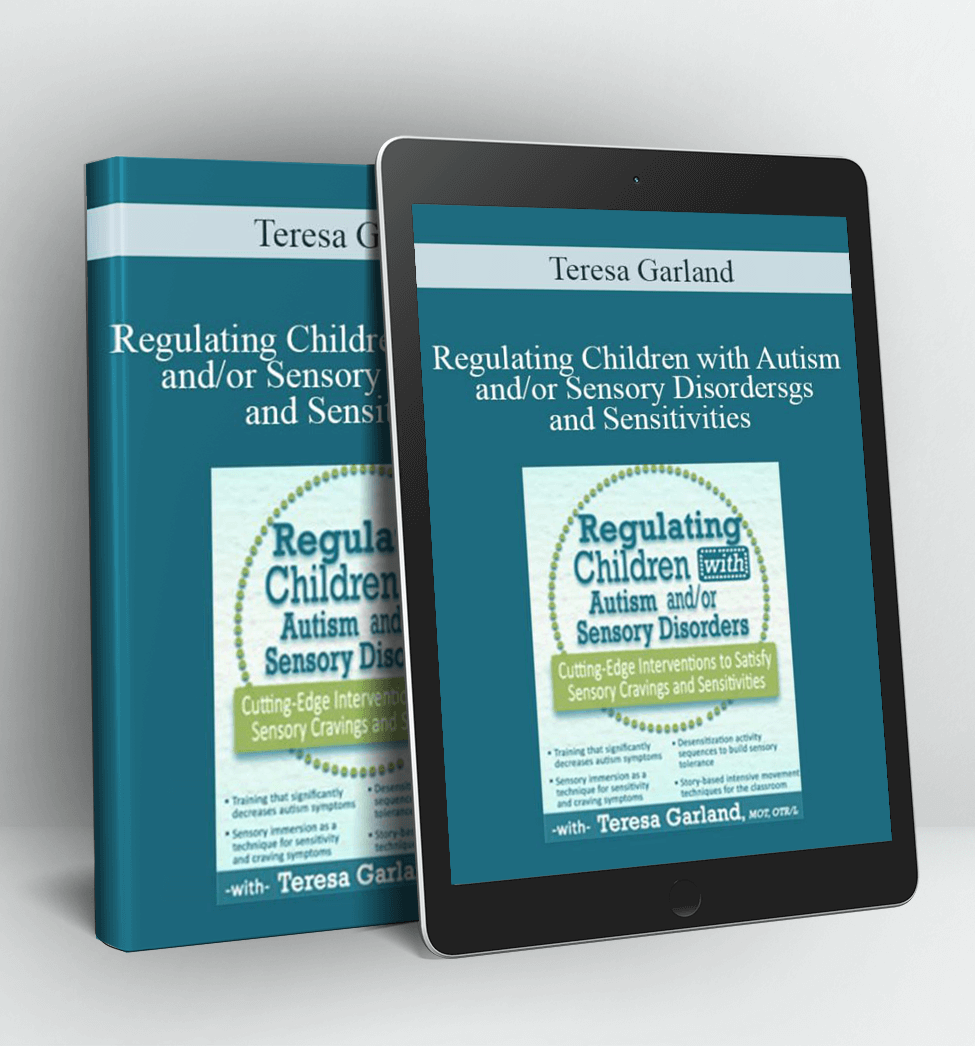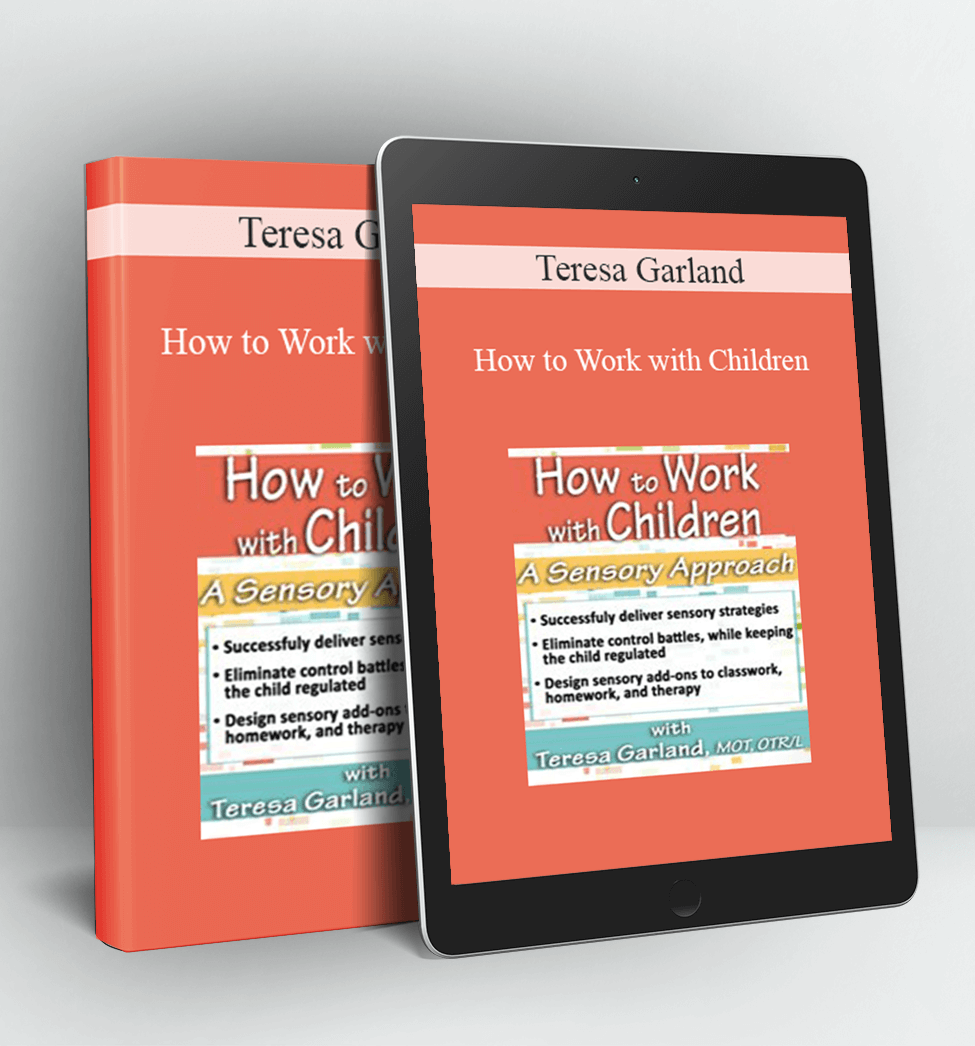ADHD Treatment for Children & Adults: Proven Strategies to Self-Regulate, Stay on Task & Manage Anxiety & Intense Emotions – Teresa Garland
- Custom interventions for ADHD
- Attention and timing therapies for children & adults
- Manage intense emotions, anxiety and stress
Self-regulation is the key problem for a child or adult with ADHD. While the child may be hyperactive and unable to control motor impulses, their challenges may shift to managing schoolwork and regulating intense emotions as they move into adolescence. Challenges shift again in adult years as difficulties managing the details of life and their ability to interact with the world at large.
This intervention-heavy course looks at ways to treat ADHD – from childhood into the adult years – through the levels of the disorder. You will learn how to quiet hyperactivity, slow impulsivity, and increase your client’s attention. Teresa Garland, MOT, OTR/L, will give you emotional regulation strategies for children and adults and will show you how positive interaction programs can make a difference in the child or adult’s demeanor. Special attention is paid to techniques for managing anxiety.
- Analyze the pluses and minuses of using diet, meds or therapy approaches for ADHD.
- Summarize Barkley’s levels of pre-executive function and executive function.
- Characterize three attention interventions.
- Devise a detailed program to help adults manage the details of their life.
- Summarize five ways to manage anxiety in children and adults.
- Communicate three ways to work with emotional regulation in ADHD.
- Outline the key element of timing therapy and how to achieve it.
- Simulate a program for learning to stay present.
- General approaches to manage ADHD
- Dietary: Metabolic issues, food sensitivities
- Medications: The pros and cons
- Non-medication therapies
Executive Function and Self-Regulation
- Does Executive Function equal Self-Regulation?
- Russ Barkley’s levels of executive function
- Matching Barkley’s levels to age and maturity to plan interventions
- Self-regulation capabilities and compensation
Emotion Regulation
- Recognize “off-center” emotions and intensity
- Get in touch with and be present to emotions
- Strategies to accept and manage emotions
- Positive guidance via the Nurtured Heart Approach
- Manage intensity for the adult
- Diffuse emotions with Emotional Freedom Technique (EFT)
Structure and Organization
- Create habits in small children
- Dictated goals vs. self-management of tasks
- Using apps to compensate for poor organization skills
Slow Impulsivity
- Basics: One thing at a time
- Learn effective self-control
- Self-management for children
- Self-management for adults
Attention Therapies for ADHD
- Timing therapy for children and adults
- Interactive Metronome®
- A metronome app
- Sharp attention to gain hyper-focus
- Have fun with attention exercises for young children
- Mindfulness attention training for children and adults
Anxiety and Stress Management Strategies
- Look social situations in the eye
- Keep deadlines at arm’s length
- Stress management
- Three breathing techniques
- Physical exercise, work and play
- The Mind Jar
- Keep it simple
- Learn self-acceptance vs. defensiveness
Advanced Techniques
- Recognize emotional and mental states
- Stay present, wait, watch and accept
- Use self-regulation to counter impulses
- Advanced strategies to manage intensity

